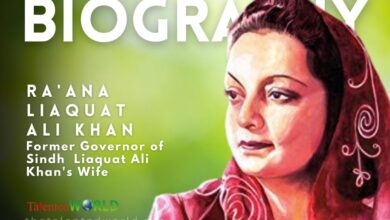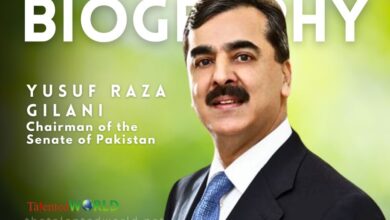Quick Facts
| Attribute | Details |
|---|---|
| Full Name | Mian Muhammad Nawaz Sharif |
| Date of Birth | December 25, 1949 |
| Place of Birth | Lahore, Punjab, Pakistan |
| Political Party | Pakistan Muslim League (N) (1999–present) |
| Pakistan Muslim League (1976-1999) | |
| Islami Jamhoori Ittehad (1988–1993) | |
| Spouse | Kulsoom Nawaz (m. 1971; died 2018) |
| Children | 4 (including Maryam Nawaz) |
| Relatives | Brother: Shehbaz Sharif (also served as prime minister) |
| Sister-in-law: Kulsoom Nawaz (maternal granddaughter of The Great Gama) | |
| Alma Mater | Govt. College University (business degree) |
| University of the Punjab (law degree) |
| Prime Ministerial Tenures | Details |
|---|---|
| 1st Term | November 6, 1990 – July 18, 1993 |
| 2nd Term | February 17, 1997 – October 12, 1999 |
| 3rd Term | June 5, 2013 – July 28, 2017 |
| Other Political Positions | Details |
|---|---|
| Leader of the Opposition | October 19, 1993 – November 5, 1996 |
| President of Pakistan Muslim League (N) | October 3, 2017 – February 21, 2018 |
| July 27, 2011 – August 16, 2017 | |
| October 6, 1993 – October 12, 1999 | |
| Chief Minister of Punjab | April 9, 1985 – August 13, 1990 |
| Early Life and Education | Details |
|---|---|
| Family Background | Belongs to the upper-middle-class Sharif family |
| Education | Government College University (business degree) |
| University of the Punjab (law degree) | |
| Sports | Played cricket as an opening batsman |
| Part of the Pakistan Railways cricket team |
| Personal Life | Details |
|---|---|
| Marriage | Married Kulsoom Nawaz in April 1970 |
| Children | Maryam, Asma, Hassan, Hussain |





